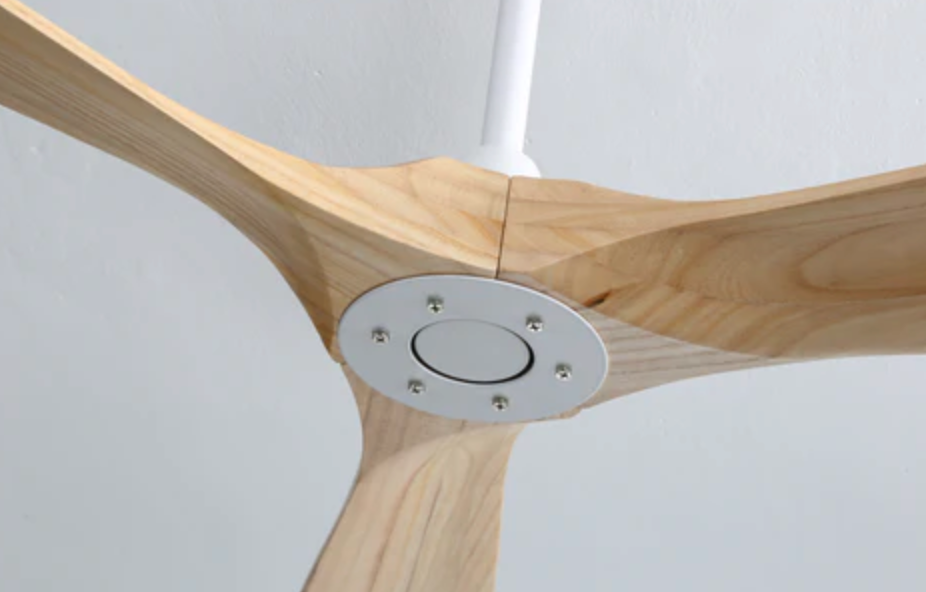
Ceiling fan energy consumption
Ceiling fans use energy to create airflow, and their energy consumption can vary widely depending on the type of fan you have. Ceiling fans that are more modern often have higher-efficiency motors which use less electricity, while older models may require more power to run. The size of the fan blades also makes a difference in how much energy your ceiling fan is using. Ceiling fans should be operated at the lowest speed setting necessary to create a comfortable airflow in the room. When selecting a ceiling fan, look for an ENERGY STAR rated model which will have an energy-efficient motor and blades designed to maximize air flow. Also, make sure you check the wattage rating of the ceiling fan you are considering; the higher the wattage, the more electricity it will use.
When running your ceiling fan, try to keep it on a low setting as much as possible since this uses less energy while still providing adequate air flow. It is also important to ensure that all filters and blades of your ceiling fan are regularly cleaned and maintained to ensure they are working at peak efficiency. Another tip to reduce energy usage is to turn off the ceiling fan when you leave a room since it will still be circulating air and consuming energy even though no one is there. Finally, installing a dimmer switch on your ceiling fan allows you to adjust its speed and power consumption according to the climate in the room, as well as to create a cozy atmosphere. By following these tips and choosing an energy efficient ceiling fan, you can miniimize your energy consumption and help save money on your electricity bills.
By taking the time to select an appropriate ceiling fan and maintain it regularly, you can ensure that your home is well ventilated without having to worry about overspending on energy costs. With a few simple steps, you can make sure that your ceiling fan is operating efficientlymize your energy consumption.
The Energy Star organization provides information about ceiling fans with high efficiency ratings in their database of products. Additionally, the U.S Department of Energy has created a guide to help you select the right ceiling fan for your home. It is important to remember that even though a ceiling fan may be energy efficient, it will still use electricity so turning off the fan when not in use can make a significant difference in reducing energy usage.
By following these tips and choosing an energy efficient ceiling fan, you can minimize your energy consumption and save money on your energy bills. With the right fan and proper maintenance, you can be sure that your home is comfortable and energy efficient at the same time.

